Written by Deborah Wilson, Emma Jagasia, Amanda Wyatt, Ellie Decker, Laura Samuel, Teresa Brockie
The COVID-19 pandemic has highlighted both the staggering health disparities and tremendous resilience of Indigenous populations. In the U.S., Native Americans have 3.5 times higher risk of coronavirus than Whites. Acknowledging and understanding health disparities is critical to their elimination; equally important is the utilization of a strengths-based approach to build resilience. Resilience is the capacity to rebound or grow following a stressor or adverse event. The strength-based models, employed by the nursing field, center individual and community assets and perspectives. In spite of this approach, the question remains, how can we elevate the importance of working with vulnerable, marginalized groups such as Native Americans in nursing? And how can we, as nurses, best promote resilience when working with Native Americans?
Although the COVID-19 virus does not discriminate, the unequal allocation of resources, systemic racism, longstanding health disparities and a legacy of colonization have contributed to a disproportionate distribution of diagnoses and death in this pandemic.
Historically Indigenous communities have suffered great losses in epidemics primarily because they lacked immunity for diseases brought by immigrants. Because of this, many Indigenous leaders proactively worked to protect their communities as COVID-19 emerged, starting even before the governments of the countries in which they reside. As examples, Indigenous communities in Canada and Australia are reporting fewer cases of Covid-19 than the broader population, thanks to their leaders’ quick action to implement early public health measures. First Nation leaders in Australia successfully lobbied their governments to be able to close remote communities. In Canada and the U.S. First Nations and tribes with jurisdictional powers as sovereign nations closed their boarders and set up roadblocks. Indigenous leaders were able to lobby for help with protective equipment, education materials, and contact tracing.
Inherent cultural practices such as caring for elders at home and the immediate setting up of supportive services for all elders in communities has further reduced the death rate of tribal elders.
Proactive community-driven action among Indigenous populations is an example of resilience. Understanding the root of Indigenous communities’ resilience will provide a foundation for continued strengths-based interventions in the ongoing COVID-19 pandemic and beyond.
In response to COVID-19, structural, political and discriminatory practices have become highlighted as Indigenous communities grapple with limited access to surveillance data and health care resources, further compounding existing challenges due to limited infrastructure such as lack of electricity or running water. For example, the Navajo nation has been particularly hard hit by COVID-19. With only a 3 bed ICU for 173,000 residents in 16 million acres and the failure of the federal government to provide promised supplies medical staff had to reuse personal protective equipment. Not to mention the 40% nurse vacancy rate. Although tribal leaders, community members and Community Health Workers have worked together to access additional supplies, conduct contact tracing and support those in isolation, they lack the resources needed to save lives.
The Indian Health Service (IHS) in the United States is chronically underfunded and dependent on federal discretionary funding which makes Indigenous communities vulnerable to poor health outcomes. This vulnerability is exacerbated by poverty, poor housing and intergenerational traumas that are the result of discrimination, historical and contemporary colonization practices. Therefore, there is an urgent need for more economic opportunities, basic infrastructure and health care resources in Native American and Indigenous communities.
Public health surveillance has not consistently identified Indigenous people, resulting in an under-reporting of COVID-19 burden for Indigenous communities. These data gaps mask disparities thereby hindering a community’s ability to address outbreaks and advocate for needed support, funding and other resources.
Despite a history of mistreatment, broken treaties, and continued marginalization by colonizing governments, Indigenous communities emerge as resilient examples of how to work as neighbors and communities during a crisis. As nurses, we fight for health equity. Thus, improving the health and well-being of Indigenous communities is a matter of social justice and a priority for those who work with them.
Nurses can advocate for the Native American population in the U.S. in the following ways:
- Advocate that funding for the IHS from the federal government be increased to address existing health care needs, adjusted for inflation to honor treaty agreements. This will ensure adequate funding, resources and services for Native communities.
- Advocate for Native-led research and data collection on both a federal, state and tribal level. In order to effectively address the barriers to health and build upon the strengths of Native community’s data informed decisions and programs are critical.
- IHS continues to actively recruit and hire in the face of COVID-19. Schools of Nursing should recruit students from these communities or students who are willing to work in these communities. Among the benefits of paying off qualified student loans through IHS and/or the National Health Service Corps (NHSC) Loan Repayment Programs, a career in IHS provides much-needed clinical care to a deserving and appreciative patient base.
Native American and other Indigenous communities globally have been resilient in the face of tremendous inequity, but they face many political and economic barriers to health and well-being. These actions would help provide the support, funding, infrastructure and political power for Native Americans to flourish as individuals and communities as is their right.
This blog is a part of the “Dialogues in Health Equity” series by the Health Equity Faculty Interest Group. They are committed to decreasing health disparities experienced by local and global communities by promoting social justice and health equity through nursing practice, research, education, and service.
Read more:
- Health Justice Begins with ACKNOWLEDGEMENT
- Faced with a Pandemic, “Little Holy One” is Guided by Indigenous Values
- A Q&A with Natalie Nicholson and Amanda Wyatt, Native Nurses and DNP Executive Track Students
- Fort Peck Indian Reservation: The Healthy People Factory
- Acknowledging the Land on Which we Build
- Center for American Indian Health
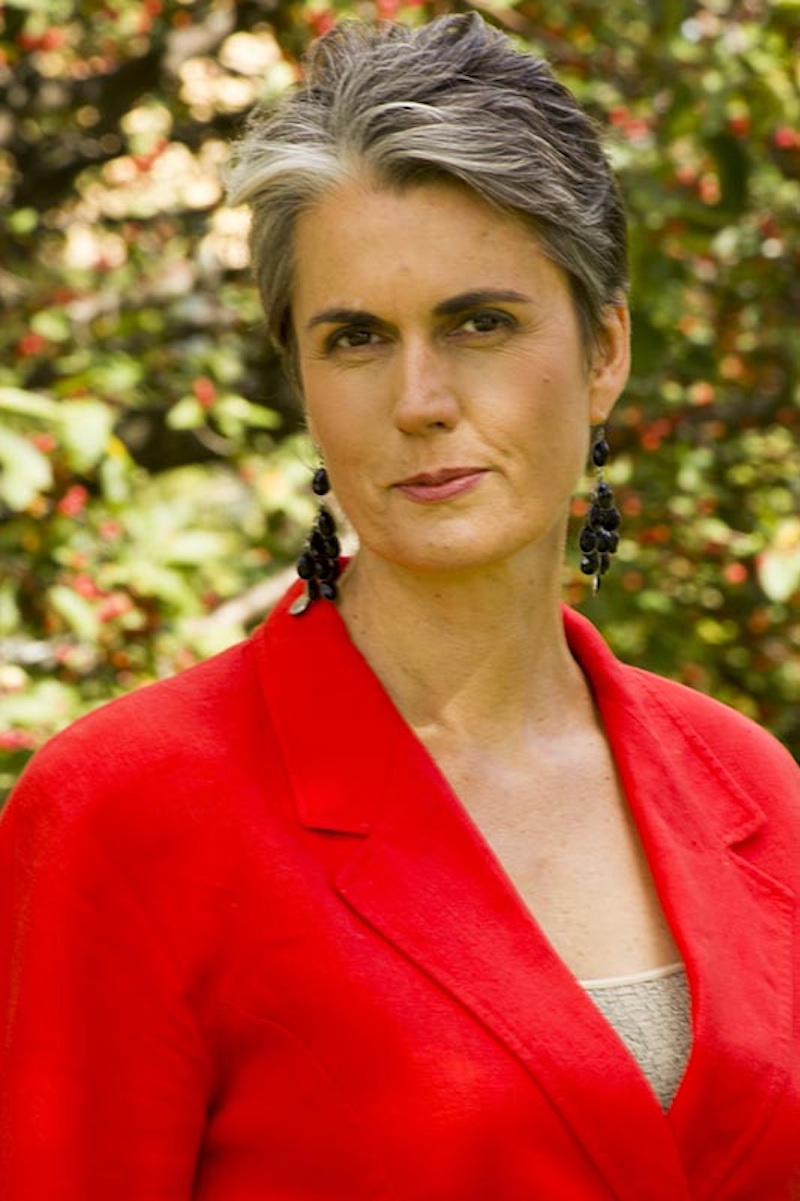
ABOUT THE AUTHOR: DEBORAH WILSON
Deborah Wilson MPH, MSN, RN has been working as a registered nurse internationally for the last 30 years. Her specialties are emergency medicine and neuroscience, with a focus on trauma. She has worked with Medicine Sans Frontiers/ Doctors Without Borders since 2004 and began speaking out about the need for health policy decisions to made based on science and recommendations from public health officials in 2014.
Currently, Deborah Wilson is completing a doctoral degree at the Johns Hopkins School of Nursing and is interested in strengths-based approaches to reverse health disparities in Native American communities.
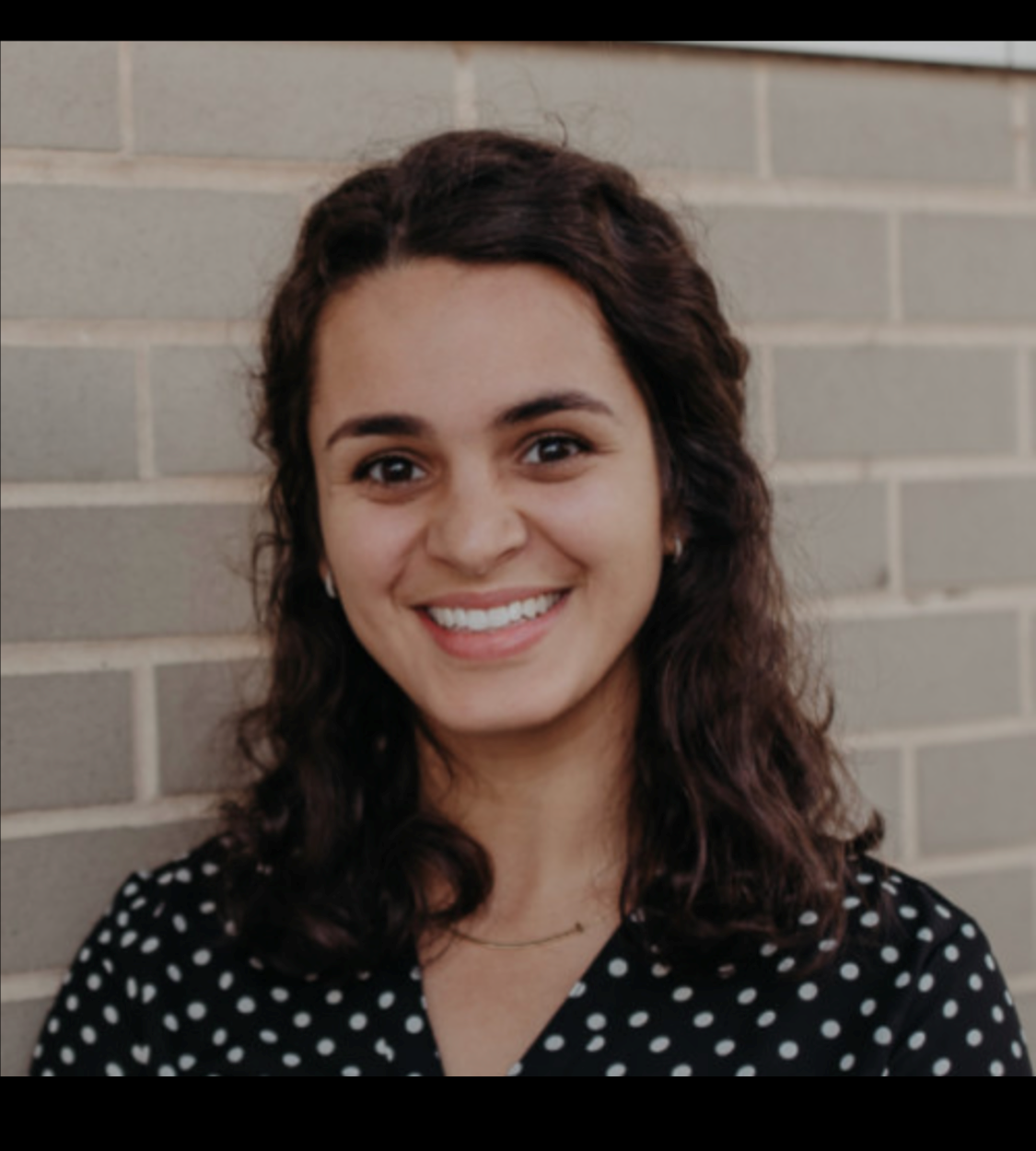
ABOUT THE AUTHOR: EMMA JAGASIA
Emma Jagasia is a current DNP/PhD student at the Johns Hopkins School of Nursing. Ms. Jagasia has a nursing background in pediatric critical care and community health. Her research interest lies at the intersection of exposure to trauma and neuropsychology moving towards integration into community based interventions.
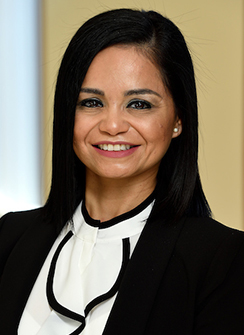
ABOUT THE AUTHOR: AMANDA WYATT
Amanda Wyatt, an enrolled member of the Muscogee (Creek) Nation, is an Advanced Practice Registered Nurse, Clinical Nurse Specialist for the Indian Health Service Mid-Atlantic Tribal Health Center in Richmond, VA. She is a Lieutenant Commander in the United States Public Health Service Commissioned Corps and holds a Master of Science in Nursing from the University of Oklahoma. As an APRN-CNS, her passion is advocating for the best evidence-based practice for patients with diabetes. Her achievements include 10 years as a nurse serving Native communities. She is actively pursuing a Doctor of Nursing Practice in the Executive Track program alongside a Nurse Educator Certification from Johns Hopkins School of Nursing.
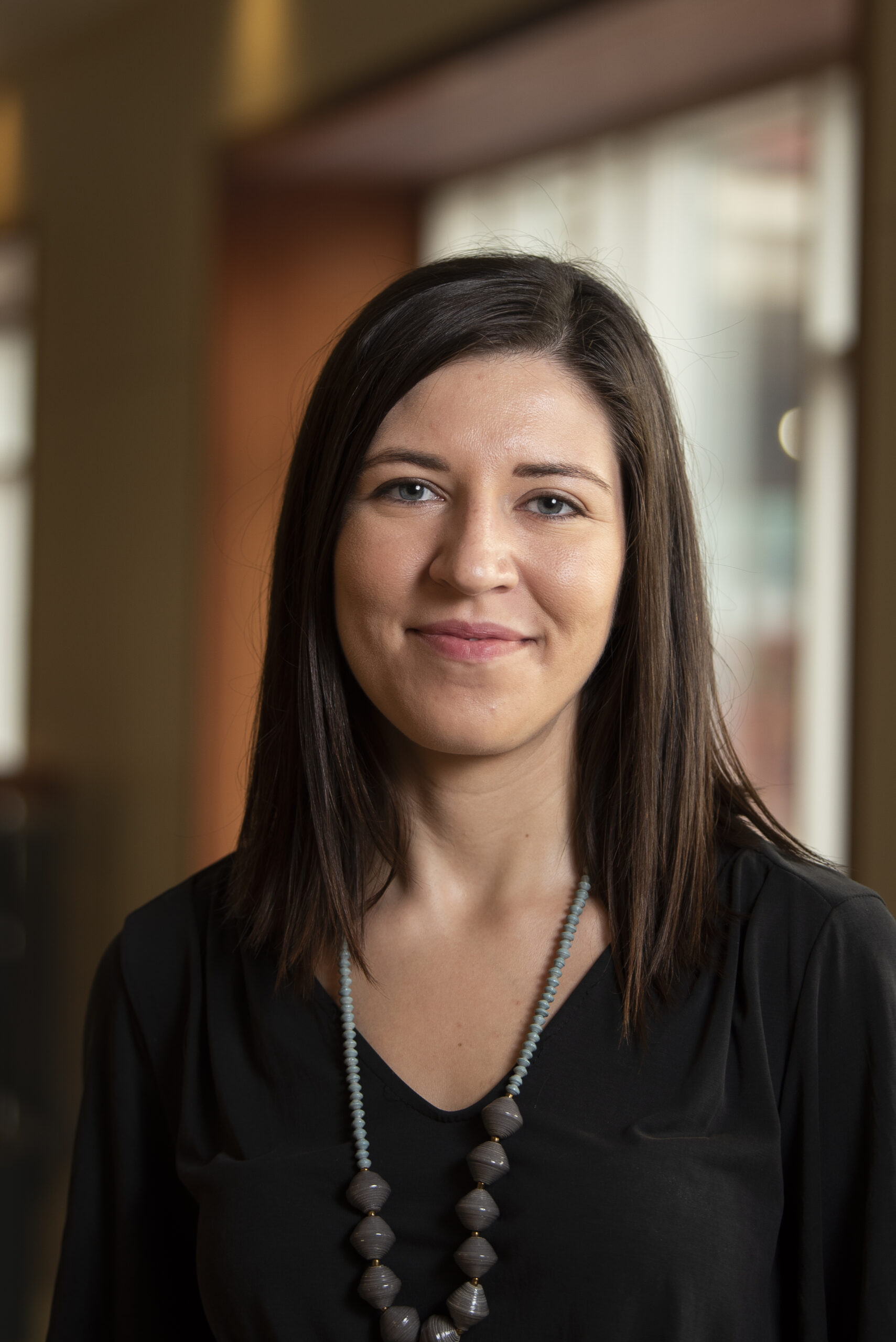
ABOUT THE AUTHOR: ELLIE DECKER
Ellie Decker, MSPH is a Senior Research Program Coordinator at the Johns Hopkins School of Nursing. She works with Dr. Teresa Brockie on suicide, trauma, and substance use interventions. Ellie’s research interests focus on using community-based participatory research methods to develop mental health interventions in rural and remote populations.

ABOUT THE AUTHOR: LAURA SAMUEL
Laura Samuel, PhD, CRNP, is an assistant professor at the Johns Hopkins School of Nursing. Much of her research has sought to evaluate how low socioeconomic status leads to high chronic disease burden and accelerated aging. She is a family nurse practitioner and has provided primary care in communities. As a nurse practitioner, she regularly witnessed the myriad ways a lack of financial resources can be detrimental to health.
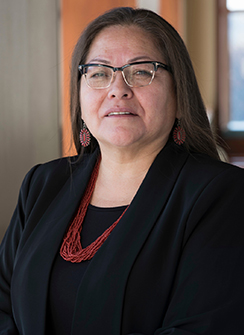
ABOUT THE AUTHOR: TERESA BROCKIE
Teresa Brockie, PhD, RN, FAAN is an Assistant Professor at the Johns Hopkins School of Nursing and Research Associate at Johns Hopkins Center for American Indian Health. A member of the White Clay (A’aninin) Nation from Fort Belknap, Montana, her research focuses on achieving health equity through community-based prevention and intervention of suicide, trauma, and adverse childhood experiences among vulnerable populations.
